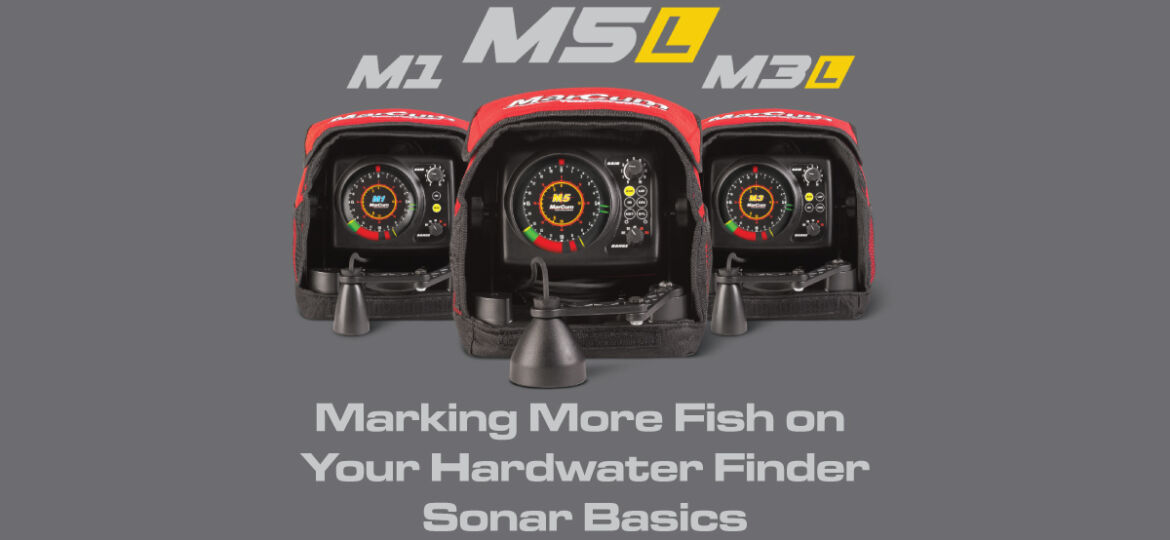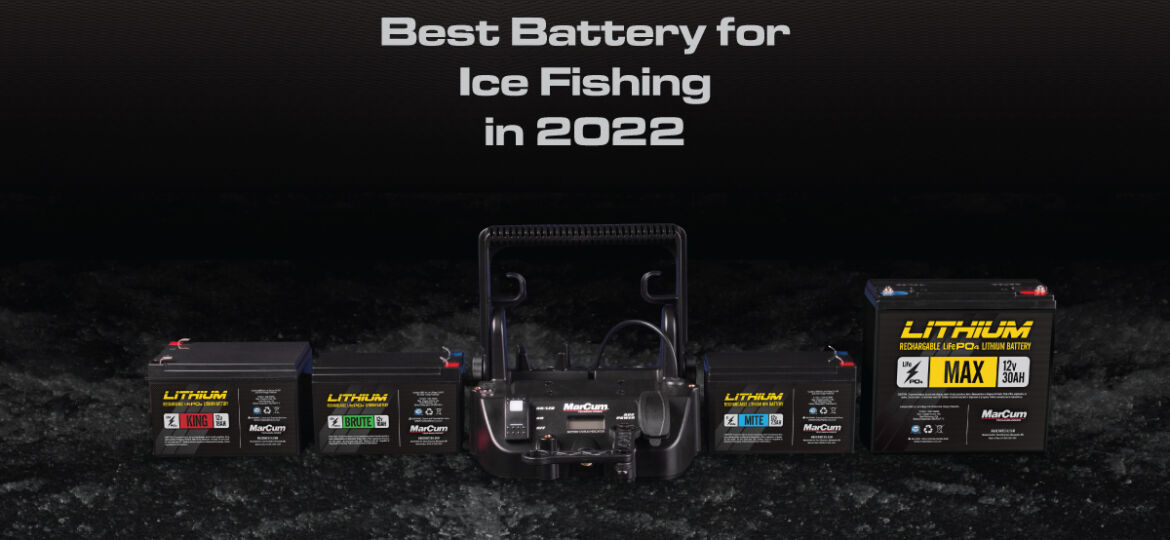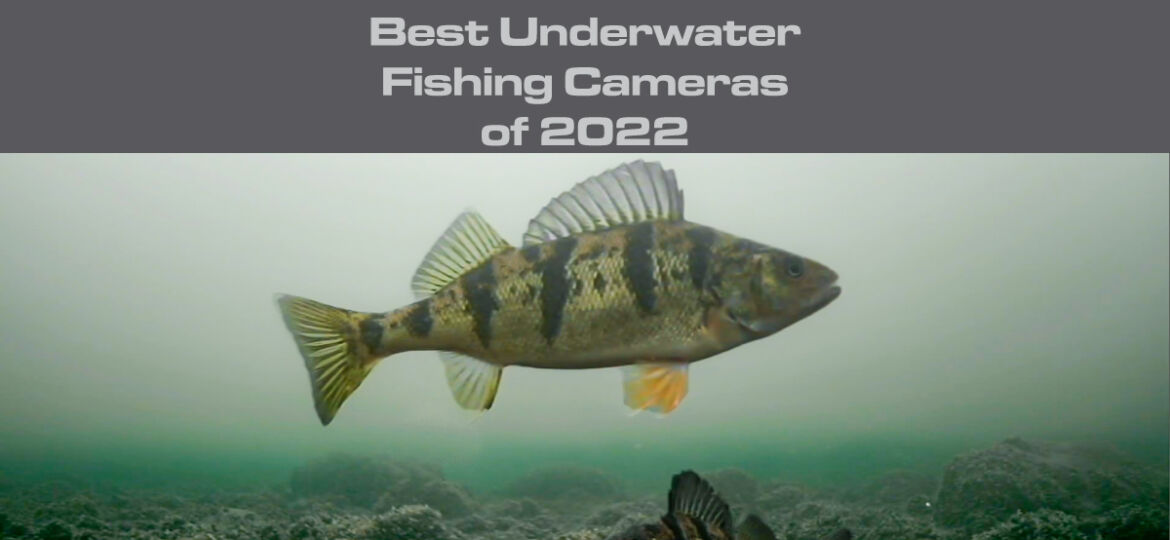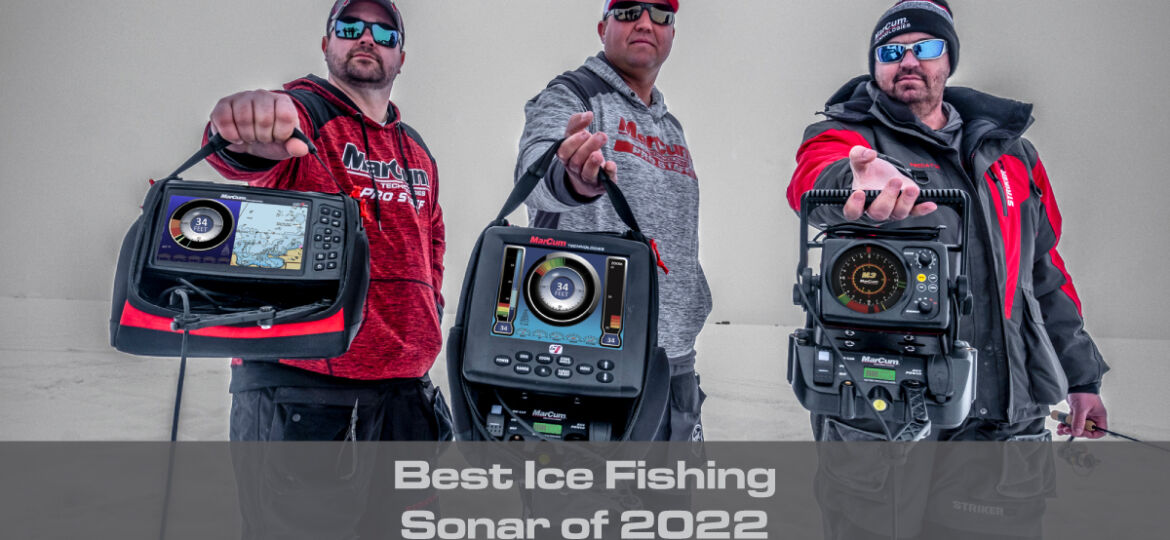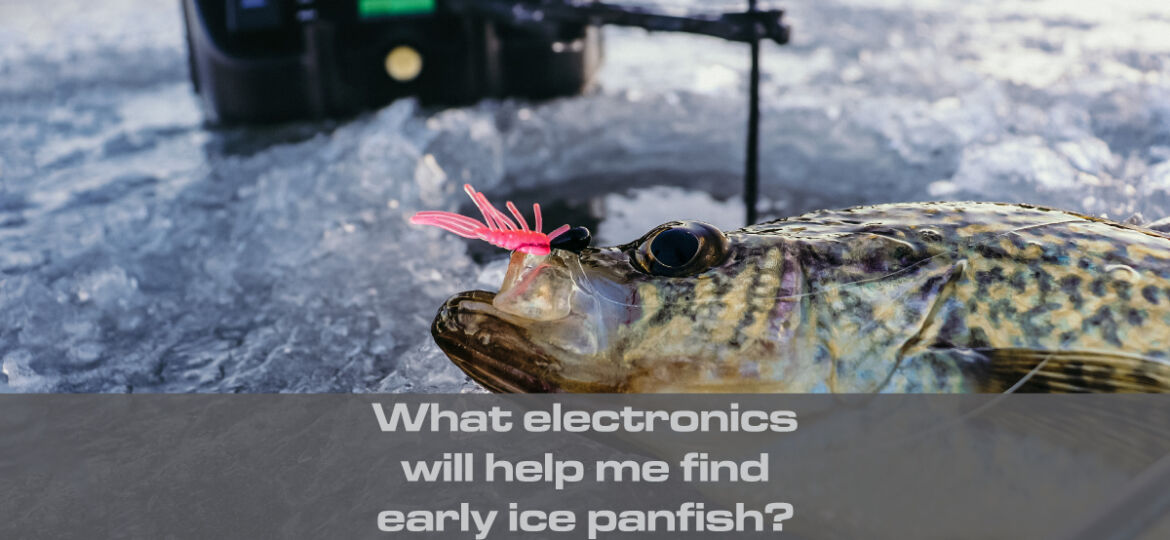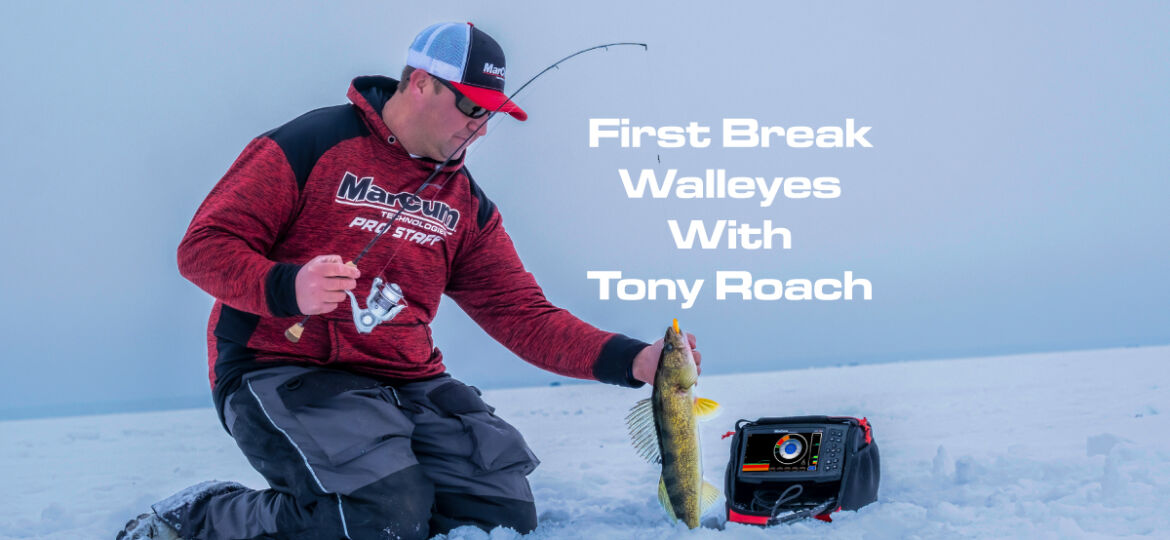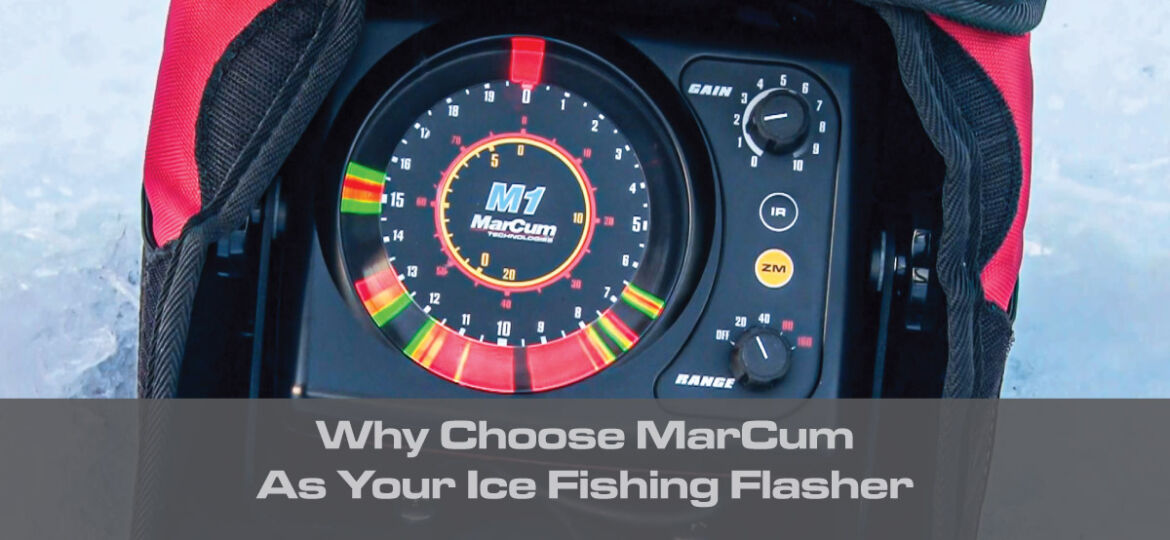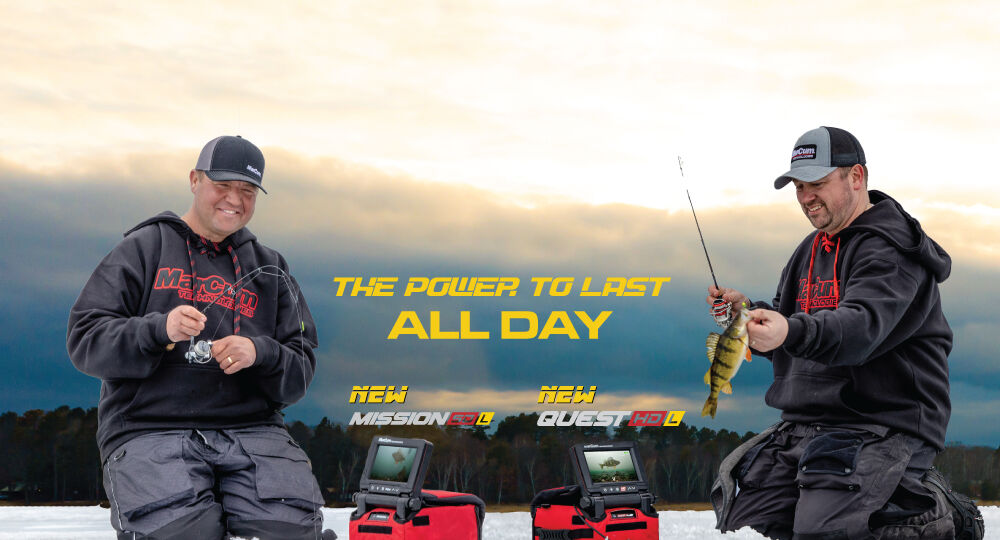It’s midwinter. Lakes are locked up with a solid layer of ice. Shanty towns dot the landscape – filled with anglers that are willing to trade long rods for those of a shorter variety. Panfish – crappies in particular – are some of the most targeted species throughout the hard water season. Knowing how to find them and which tools to use will ultimately make for a more successful day on the ice.
From the day you get your first flasher, the ice-fishing universe is forever changed. Ice anglers go from simply guessing at bites and what may or may not have been a fish, to tracking them throughout the water column. Not only can you use it to find fish and track how they respond to your bait, but you can also use it to find active fish before a line is even wetted. At one time, it was considered somewhat odd; almost a novelty. Now, ice-fishing electronics are a multi-million dollar category, and the thought of fishing without one seems pointless.
about the details of each as your power source may be the most notable piece of ice fishing gear you purchase this season. Whether looking to re-power, or upgrade your ice fishing fish finder to a better, longer-lasting, or lighter lithium battery, this article will lead you through the key components to making a good choice.
Since MarCum released its first underwater video camera with a monitor for fishing, an entire generation of anglers has benefitted from eyes below the lake surface. Their world has been forever changed because of it, from the way modern ice anglers fish to the equipment they use, underwater viewing has shaped the evolution of the sport. These MarCum underwater cameras can be used for ice fishing, freshwater, and saltwater fishing, and while the systems themselves have also evolved through the years, the one thing that remains consistent over time is the amount of information anglers glean when seeing underwater for the first time.
Since introducing cutting edge sonar technology to mechanical flashers nearly 20 years ago, MarCum has sought to build the best sonar on-ice, bar-none. Recent advances saw MarCum bringing the first digital sonar to the market, giving anglers a host of ample options when hitting the ice this winter. Read on to gain a better understanding of your options, and ultimately decide which is best for your style of fishing.
One of the most common questions heard from new ice anglers relates to electronics – “Which is better – an underwater camera or a flasher/sonar?” The short answer is that it really depends.
The long answer is that there are certain situations that each unit type excels in. Depth, water clarity, habitat, and fishing style greatly impact which unit is right for a specific set of circumstances. In a perfect world, an ice angler should have both. This is particularly apparent for anglers that target panfish during the winter months.
Finding and CatchingEarly Ice Walleyes It’s been a few years, but I’ve always been a big fan of full-moon fall…
Midwest angler Joel Nelson knows a thing or two about ice sonar. As MarCum’s longest tenured pro-staff member and media personality, he’s been running a MarCum since the brand’s inception. Though he could run any fish finder on the planet, he’s an avid fan of the M1. “It’s really a sonar that takes me back to some of the original MarCum units that just flat caught fish,” says Nelson. “You get exactly what you need in an ice locator, ready to fish out of the box.” Nelson logs thousands of miles across the ice belt each season, fishing and filming for a host of TV and video segments, all while toting an M1. “I appreciate so many of the MarCum units in the lineup, but I’ll always have an M1,” says Nelson.
know. First off, there are a lot of terms that are used in the ice fishing industry to describe the functionality of ice fishing electronics. Terms such as high frequency, chirp, live imaging, target separation, target identification, interference rejection, zoom and so on are used to describe the performance of the ice units.
New Hope, MN (10/25/2021) – Marcum Technologies, the undisputed leader in underwater viewing, takes an on-ice staple and improves it with lighter, longer-lasting lithium batteries. A new generation of anglers takes for granted what cameras have brought to the sport. Inline reels and the effect of lure-spin was revealed through watching fish swim away on an underwater camera. Winter panfish location and the connection to green standing aquatic plants, along with countless other observations; all brought to you by underwater viewing, now made better with a little help from an advanced fuel source.



